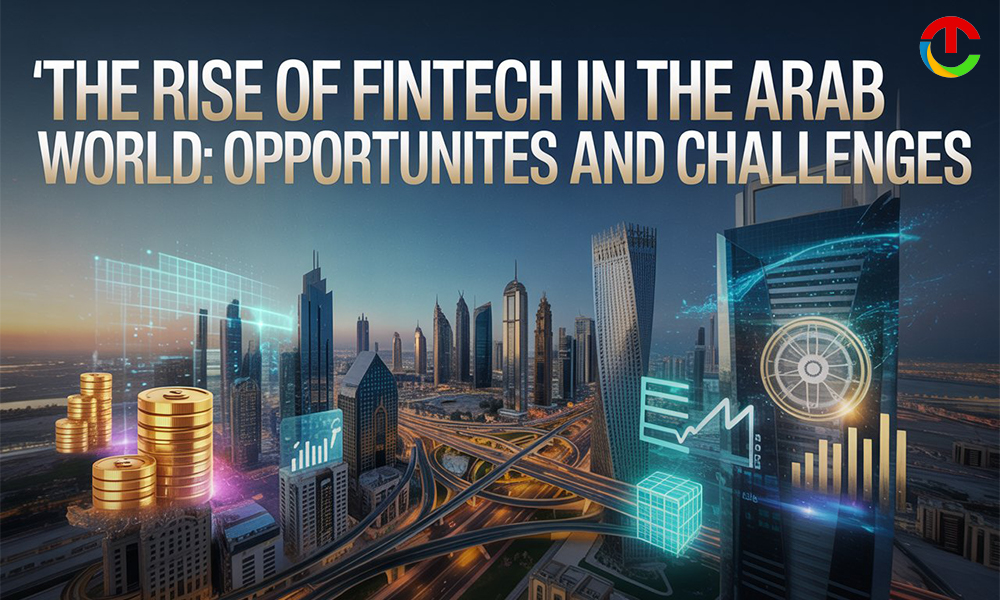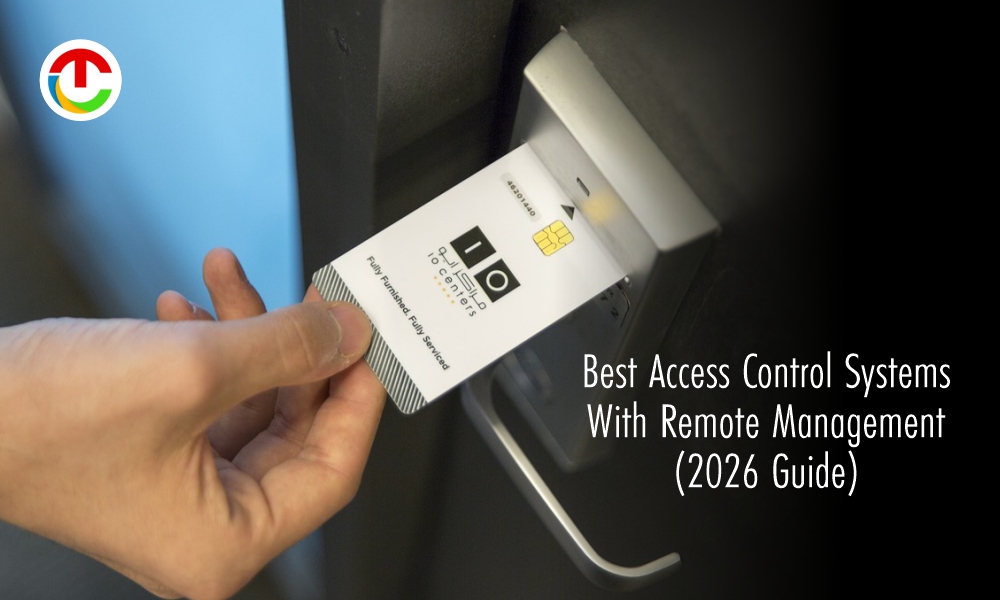The Arabic region has been the epitome of significant transformations combining technology and finance. Together, it has disrupted the fintech space, surging the digital payment method to the next level. The MEA (Middle East and North Africa) region stands tall with Saudi Arabia, Iran, the UAE, Kuwait, Malaysia, and Indonesia. In the Global Islamic Fintech (GIFT) Report 2023/24, these are listed as the top 5 countries in this realm. Yet, as with any transformative change, the rapid rise of e-finance brings both promise and pressing challenges.
A Growing Market with Global Ambitions
The Arab world’s Fintech industry is expanding at an unprecedented pace. According to regional investment reports, hundreds of startups have emerged in hubs such as the United Arab Emirates, Saudi Arabia, Egypt, and Bahrain. These startups are not only offering digital payments and mobile wallets but are also advancing into areas like blockchain, peer-to-peer lending, crowdfunding, and wealth management.
Governments in the region have played a crucial role in enabling this growth. National visions, such as Saudi Arabia’s Vision 2030 and the UAE’s digital economy strategies, prioritize digital banking as a cornerstone of diversification. Regulatory sandboxes established in Bahrain, Abu Dhabi, and Riyadh provide innovators with safe environments to test solutions while balancing consumer protection. This blend of state support and entrepreneurial drive positions the Arab world as a rising player in the global digital banking ecosystem.
Financial Inclusion as a Catalyst
One of the most compelling opportunities lies in financial inclusion. Millions of people in the MENA region remain unbanked or underbanked, with limited access to traditional financial institutions. Smart finance solutions, particularly mobile banking, micro-lending, and digital wallets, are bridging this gap by offering accessible and affordable services to underserved communities.
For example, Egypt has seen a surge in mobile payment adoption, while Saudi Arabia is expanding digital banking licenses to enhance consumer choice. By lowering barriers, smart finance is not only democratizing access to financial tools but also fostering entrepreneurship and small business growth.
Innovation Driving Economic Growth
Beyond inclusion, Fintech is fueling innovation that supports broader economic development. Digital payments streamline commerce, blockchain enhances transparency, and AI-driven analytics improve credit assessments. Startups are partnering with traditional banks, insurers, and telecom companies to create hybrid solutions that combine trust with agility.
This innovation-driven environment is also attracting global investors. Venture capital funding for Arab tech-driven finance startups has grown steadily, reflecting international confidence in the region’s potential. Such investments are not just capital injections but also bring expertise, mentorship, and access to global markets.
The Challenges of Regulation and Trust
Despite rapid progress, significant challenges remain. Regulatory fragmentation across the Arab world is a primary concern. Each country has its own licensing rules, compliance requirements, and supervisory frameworks. While sandboxes encourage experimentation, the lack of harmonized standards can slow cross-border scalability.
Consumer trust is another hurdle. As more people embrace digital financial services, concerns about cybersecurity, fraud, and data privacy intensify. Establishing strong consumer protections, robust cyber defense systems, and transparent communication is essential for Fintech to maintain credibility and long-term adoption.
Talent and Skills Gap
Another challenge is the shortage of specialized talent. Finance technology requires expertise not only in finance but also in software engineering, data science, and cybersecurity. While universities and accelerators are beginning to respond, the demand for skilled professionals continues to outpace supply. Without sustained investment in education and workforce development, scaling the industry may prove difficult.
Balancing Tradition with Innovation
The Arab world’s financial sector has long been rooted in traditional banking models. For Fintech to thrive, collaboration rather than competition is key. Increasingly, established banks are forming partnerships with startups, investing in digital platforms, and adopting open banking frameworks. This cooperative approach allows both sides to leverage their strengths: banks bring trust and regulatory experience, while startups deliver speed and innovation.
Additionally, cultural considerations, such as the demand for Sharia-compliant products, create opportunities for localized innovation. Islamic e-finance solutions ranging from digital sukuk issuance to interest-free peer-to-peer lending are attracting both domestic and international attention.
Looking Ahead: A Balanced Future
The rise of smart finance in the Arab world is more than a technological trend; it is a structural shift reshaping economies and societies. By expanding financial inclusion, driving innovation, and attracting investment, the sector is poised to become a central pillar of regional growth.
However, realizing its full potential requires a balanced approach. Governments must harmonize regulations to foster cross-border collaboration. Businesses must prioritize cybersecurity and consumer trust. Educational institutions must prepare the next generation of talent to meet the industry’s evolving demands.
Conclusion
The digital finance revolution in the Arab world is still in its early chapters, but the trajectory is clear. Opportunities abound for entrepreneurs, investors, and policymakers who can navigate the challenges of regulation, trust, and talent. With the right mix of innovation, inclusivity, and governance, Fintech has the power to redefine financial systems across the region, making them more efficient, accessible, and resilient.
In this transformative moment, the Arab world is not just catching up to global trends; it is carving out its own place in the future of finance.




